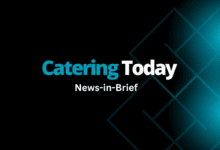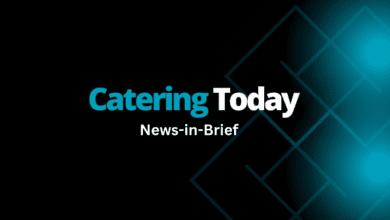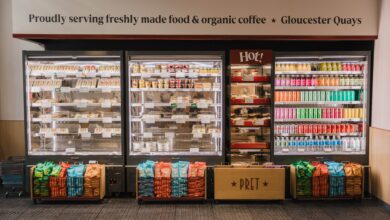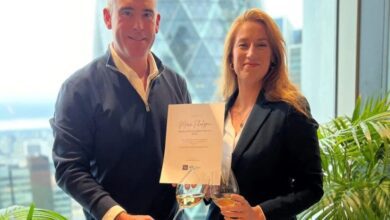UK GDP expected to contract by 15% in Q2 2020
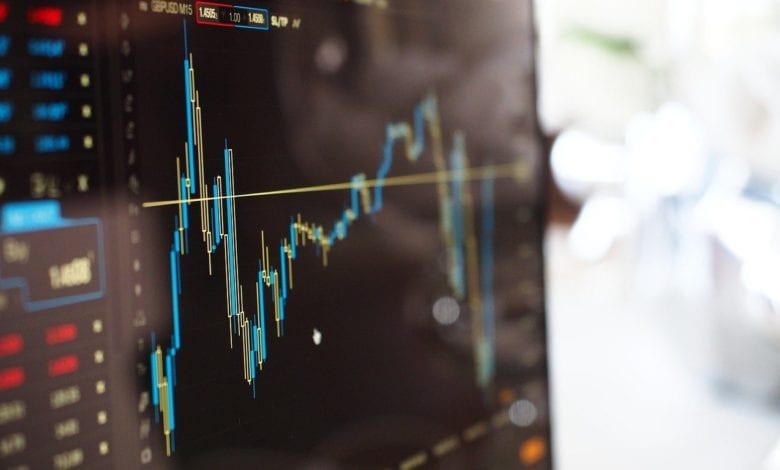
The UK economy is about to enter the deepest recession since the financial crisis, including the steepest quarter-on-quarter decline in economic activity since comparable records began, according to the Centre for Economics and Business Research (CEBR).
CEBR expects the economy to have contracted marginally in the first quarter of the year, by 0.5% quarter on quarter. This is expected to be followed by a much steeper contraction of 15% in GDP in the second quarter as business closures take their toll according to analysts.
However, the group said its “central assumption” is that restrictions on businesses and the wider populations will be loosened by the third quarter as testing becomes more widely available, helping to identify and isolate infection hotspots more efficiently.
CEBR also expects the unemployment rate to jump sharply to reach 7% in Q3 2020, despite government measures to slow the rise. Not only that, house prices are also likely to “fall sharply” according to CEBR, which predicts a drop of 13% in the year to Q1 2021.
It said that with rising unemployment and an increase in the number of people relying on benefits to top up their incomes and many shops closed, household consumption will experience a substantial hit in the second quarter of the year, declining by around 15% on the quarter.
Despite this, the group expects the government to introduce measures to “kick start” consumer spending as the economy returns to work, which could possibly include a “temporary VAT cut”. Additionally, CEBR is also expecting measures to encourage business investment, “which otherwise will take till after 2030 to get back to its previous peak”.
CEBR said: “The biggest proportional hit to the economy is likely to come from falling business investment. We predict this will be down 13% in 2020. Although there will be a recovery, the forecasts suggest it will take till 2032 for business investment to catch up with its 2017 peak unless measures are taken to encourage it.
“Although inflation will remain low during the coming months, we see rising inflation in 2021 and 2022 with the CPI hitting a peak of 3.2% in Q1 2021. Interest rates are likely to rise in 2021 in response to higher inflation. We see base rates reaching 3% by 2022.”
Government borrowing is also “likely” to reach £180bn (7% of GDP) in the current 2020/21 financial year before falling back to £120bn (5% of GDP) in 2021/22.


